#evgeny bazarov
Text
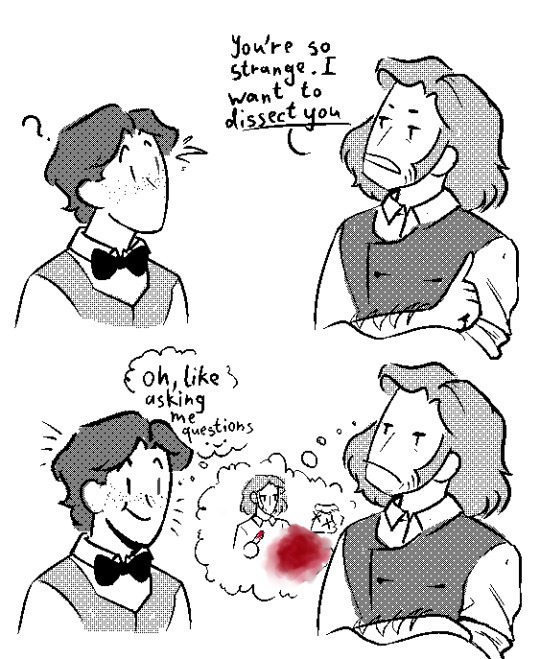
How these two met
23 notes
·
View notes
Text
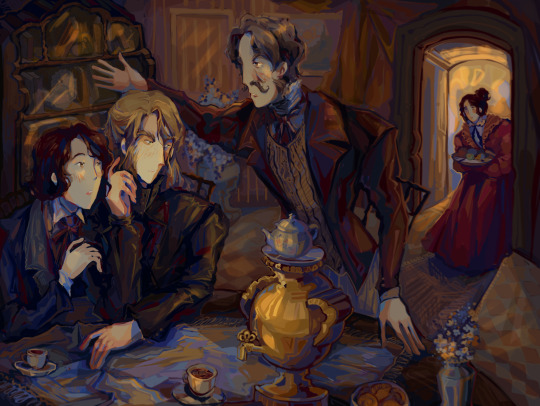
part 2 of my ruslit project !!
#fathers and sons#ruslit#russian literature#bazarov#evgeny bazarov#arkady kirsanov#pavel kirsanov#illustration
81 notes
·
View notes
Text


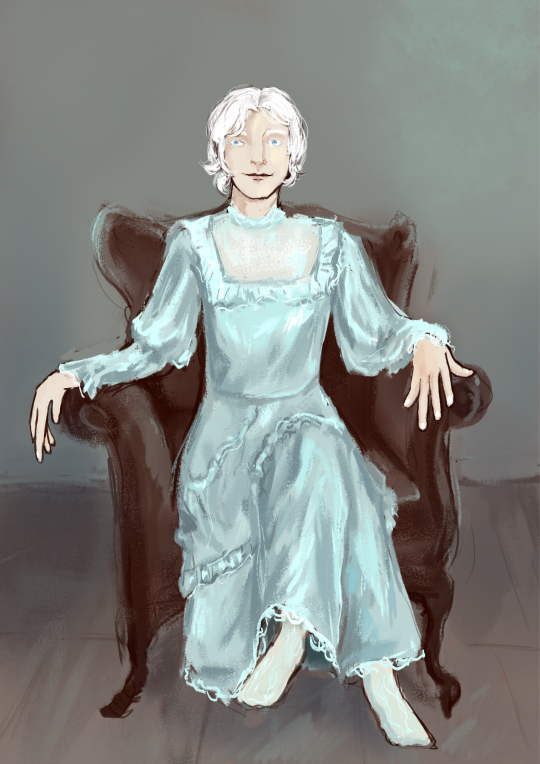
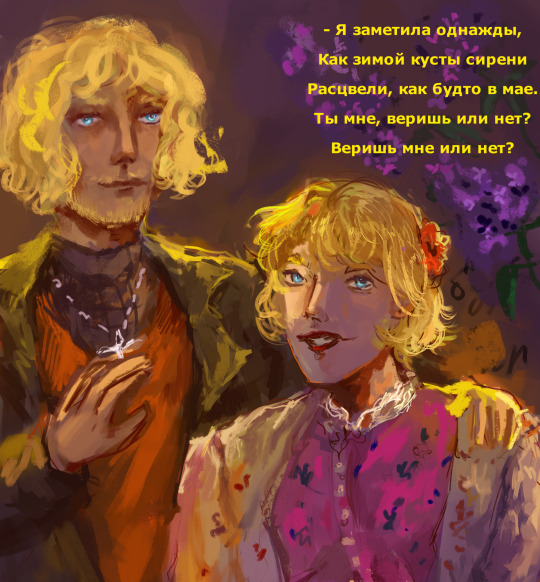
Hey, new portion of pictures:}
1) Stavrogin from demons and Bazarov from fathers and children
2) Pyotr Verkhovensky
3) Erkel in dress (honestly sorry, but I did what I did)
4) Shatov and Maria Lebyadkina
#dostoevsky demons#fyodor dostoevsky#art#erkel#pyotr verkhovensky#nikolai stavrogin#ivan shatov#they are the best and this is not discussed#maria lebyadkina#fathers and sons#ivan turgenev#Evgeny Bazarov#verkel#verkhovensky and Erkel pls give me more
11 notes
·
View notes
Text
Modern au! Fem!Arkady x Evgeny

#russian classics#classicaesthetics#literature aesthetics#aesthetic#russian literature#modern au#modern#Отцы и дети#Fathers and sons#Евгений Базаров#Аркадий Кирсанов#Evgeny Bazarov#Arkady Kirsanov#Spotify#электрофорез#отношения =говно#au#my otp#otp#pairing#character aesthetic#moodboard#moodboards
7 notes
·
View notes
Text
Bazarov: Come on, Arkady Nikolaevich, what is the one thing that we've wanted to dip our toes in?
Arkady: Chocolate?
Bazarov: Nihilism!
Arkady: Nihilism, yeah…
#literature#russian lit#incorrect quotes#source: barry#fathers and children#fathers and sons#arkady nikolaevich kirsanov#arkady kirsanov#evgeny vasilyevich bazarov#evgeny bazarov
17 notes
·
View notes
Text
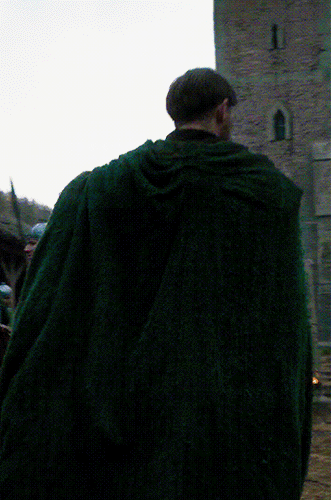

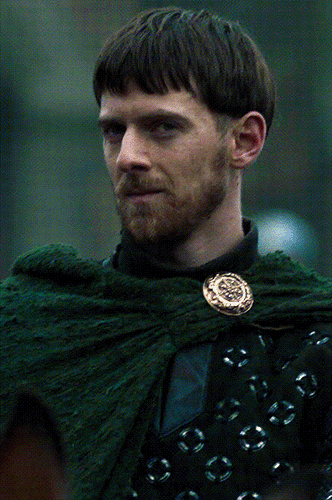


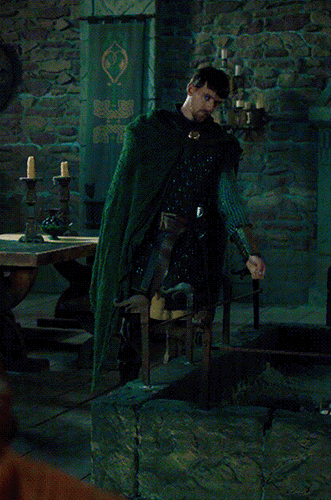
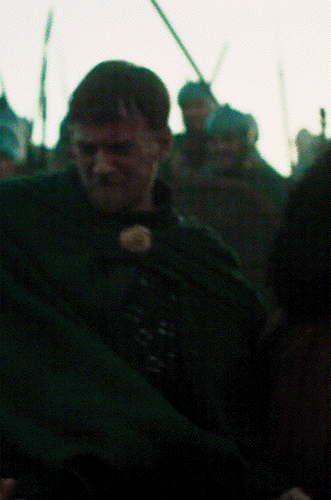

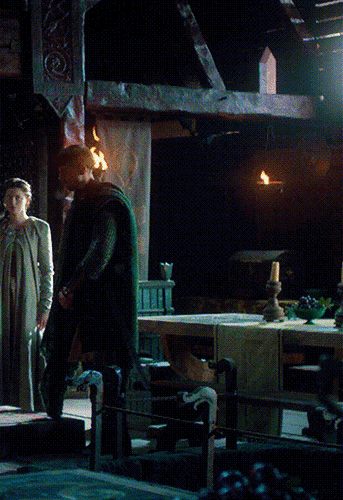
lord aldhelm’s wardrobe 2/?
#the last kingdom#tlk#tlk edit#aldhelm#james northcote#mine#atlaldw#my obsession with him isn't healthy#someone send help#can we all agree that green is in fact his colour#he is being so dramatic with this cloak ohmg#especially on the last gif#in it [the cloak] this man is evgeny bazarov coded#as we can see a girl has a type
49 notes
·
View notes
Text

Rus lit colour wheel! 🎨
Saw that art trend going around and wanted to do it with my RL character designs; quite refreshing to come back and draw them again after so long. It was interesting to see them in my current art style as well! Character list under cut.
This was originally posted on my literature focused art account on IG/Twitter/VK (handle in picture); I’ll link to those socials this time for the links below!
Instagram // Twitter // VK
❤️ Rodion Romanovich Raskolnikov (Crime and Punishment, Fyodor Dostoyevsky)
🧡 Evgeny Bazarov (Fathers and Sons, Ivan Turgenev)
💛 Pyotr Verkhovensky (Demons/The Possessed, Fyodor Dostoyevsky)
💚 Alyosha Karamazov (The Brothers Karamazov, Fyodor Dostoyevsky)
🩵 Alexei Vronsky (Anna Karenina, Leo Tolstoy)
💙 Evgeny Onegin (Eugene Onegin, Alexander Pushkin)
💜 Grigory Pechorin (A Hero of Our Time, Mikhail Lermontov)
🩷 Anatole Kuragin (War and Peace, Leo Tolstoy)
#artists on tumblr#illustration#classic literature#russian literature#literature#crime and punishment#fyodor dostoevsky#fathers and sons#ivan turgenev#demons dostoevsky#the brothers karamazov#anna karenina#leo tolstoy#eugene onegin#alexander pushkin#a hero of our time#mikhail lermontov#war and peace#colour wheel#character art#cyhsal#dsalcoda_
152 notes
·
View notes
Text
went into the ivan turgenev tag because the crime and punishment tag just wasn’t doing it for me anymore. after wading through #ruslitaesthetic posts i saw a ruslit blorbo color wheel. starring everyone’s least favorite patrick-bateman-kinnie nihilist-in-tinder-bio too-cool-for-love typhus-riddled dipshit, evgeny bazarov. literally fell to all fours and started growling
1 note
·
View note
Text
shut up shut UP
Anna Sergeyevna Odintsova WAS in love with Evgeny Vasilevitch Bazarov but she didn't trust her emotions enough!! That woman is utterly disconnected from her own emotional state because she's spent all her time paying attention to anyone and everyone else!! At the end of the book, she isn't even sure if she loves her husband or not!! ????? i don't understand those who disagree because this is so entrenched in my brain and in my perception of the book and of her btw. if you even care. (but if you think differently, please message me im so curious about your perspective)
#f&sposting#fathers and sons#fathers and children#ivan turgenev#strong feelings about this book#also i think shes a little bit autistic
9 notes
·
View notes
Text
You’d think that, as a nihilist, Bazarov wouldn’t believe in being a complete thot. And yet...
12 notes
·
View notes
Photo
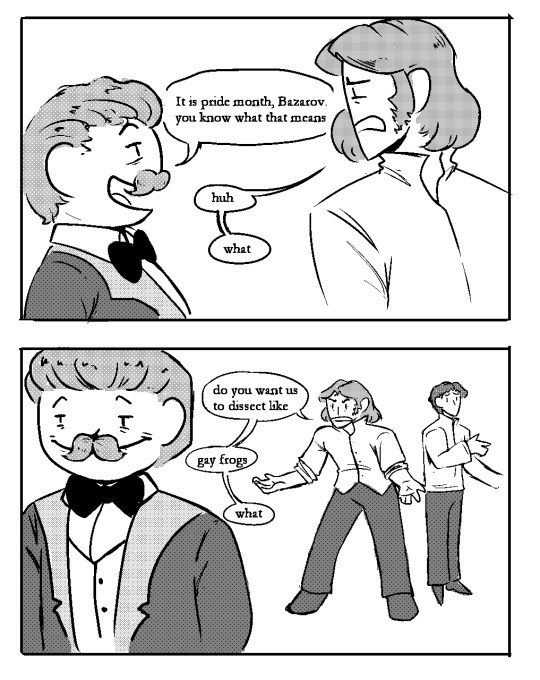
good news: frogs are already gay
#my art#doodle#fathers and sons#evgeny bazarov#bazarov#arkady kirsanov#pavel kirsanov#fuck tumblr is doing strange things with my textures oh no :(#I also just love this meme#and they are the first people I've that came to mind#my favorite slice of live anime#but really love that book#love the sillies
33 notes
·
View notes
Photo

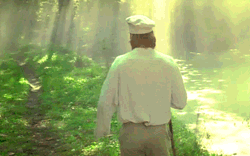


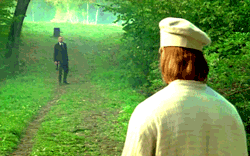
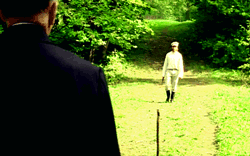
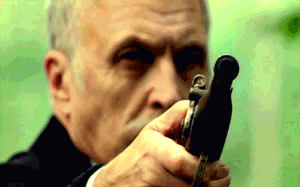

Duels In Period Dramas (1/?) | Evgeny Bazarov v. Pavel Kirsanov (Fathers and Sons)
#perioddramaedit#fathers and sons#literatureedit#evgeny bazarov#pavel kirsanov#duelsinperioddramas#op#my gifs
18 notes
·
View notes
Photo
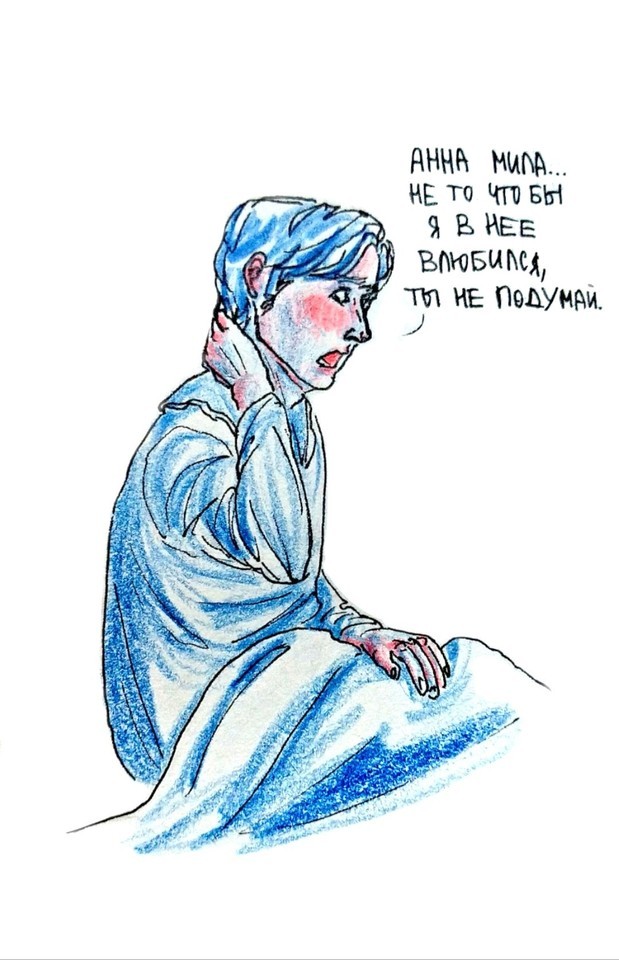
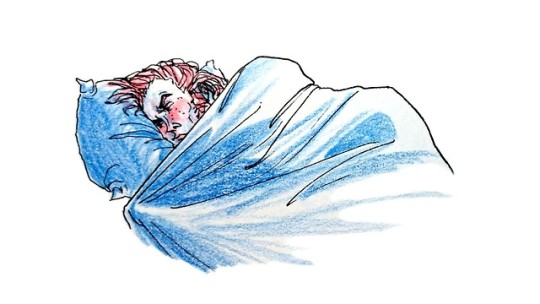
“Anna is so pretty… Not that I’ve fallen in love with her, don’t get me wrong.”
#fathers and sons#arkadiy kirsanov#evgeny bazarov#ivan turgenev#отцы и дети#аркадий кирсанов#евгений базаров#иван тургенев#my art
57 notes
·
View notes
Photo
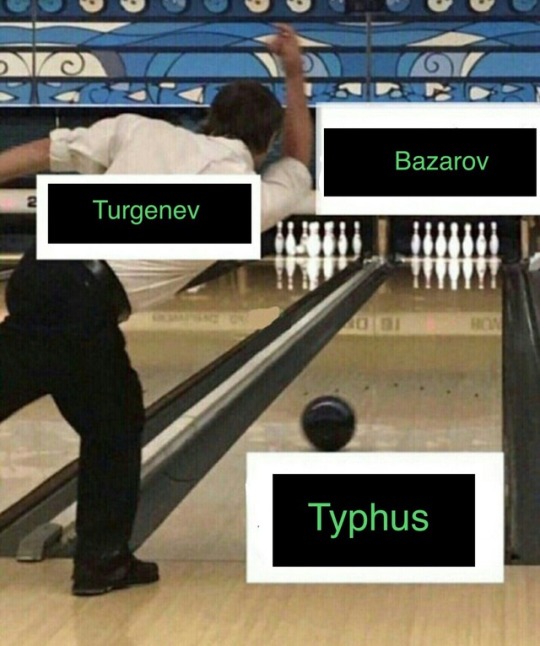
Oh wow, there’s something not about Crime and Punishment, surprise
#ivan turgenev#fathers and sons#Russian literature#classic literature#literature#evgeny bazarov#evgeny vasilievich bazarov#meme
18 notes
·
View notes
Text
Arkady: How do you ask a glass of water what it’s doing?
Bazarov: A glass of water is an inanimate object and is therefore incapable of having a thought process or understanding basic English.
Arkady:
Arkady: Water you doing...
#literature#russian lit#incorrect quotes#source: unknown#ivan turgenev#fathers and children#fathers and sons#arkady nikolaevich kirsanov#arkady kirsanov#evgeny vasilyevich bazarov#evgeny bazarov
31 notes
·
View notes
Text
Best works of Russian classical literature: TOP 15
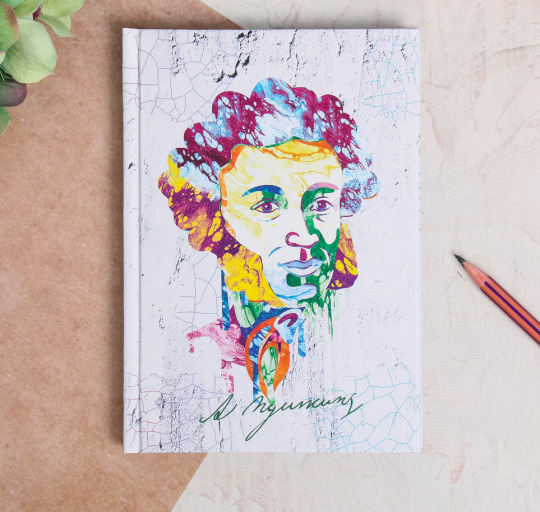
The works of classical literature are undoubtedly the basis of the foundations: they contain the culture, history, philosophy of the people about whom the authors told in their works. In the niche of world classical literature quite a significant place is occupied by Russian literature: a huge number of works of domestic authors are happy to read abroad. We will try to consider the 15 most significant works of Russian classical literature, with which everyone should be familiar.
A.S. Pushkin "Eugene Onegin"
The most famous novel in verse tells us an unusual love story between the main character, Eugene Onegin and Tatiana. Their feelings are born at different times and affect the characters in different ways: the first lover, Tatiana, after an explanation with her lover, closes herself in, but, in fact, remains herself. Onegina, who flashes much later, changes it beyond recognition. He appears before a reader full of passion and tenderness, who has lost his former coldness and pride and is capable of real, sincere, human feeling. Against the background of the main plot line unfolds other actions of the novel, during which the Russian poet puts a huge number of important problems, such as social, domestic and cultural way of life of all Russian society in the early 19th century.
A.N. Ostrovsky "Besprydannitsa"
An immortal play telling about the sad fate of Russian women, the heartlessness of rich people and the bourgeois nature of small people. It was beautifully filmed by E. Ryazanov.
Tales by A.P. Chekhov
Chekhov has written many stories, both funny and tragic. The protagonist of Chekhov is an ordinary man with his daily affairs and concerns. The stories "The Violin of Rothschild", "Ward No. 6", "Drinking cure", "Man in a Case", "Tears Invisible to the World", etc. tell us that no one else understood the soul of the Russian man, as Chekhov. Despite the genre, the stories of Chekhov are a precious stone of Russian literature.
A.S. Griboyedov's "Woe from Wit."
The main idea of Griboyedov's comedy is expressed in the title of the work. The main character, Chatsky, who has returned from abroad, comes to the house of the nobleman Famusov to see his daughter Sophia, his former lover. Here he encounters a rather unpleasant meeting with the entire "Famousov society": Famousov himself, Sophia, Silent, and Skalozub, who live in a world of stereotypes and outdated views of the world. They instantly mistake Chatsky, a progressive, educated man who has taken a different view of the world, for being crazy and dangerous to society. The problem of a person who stands out from the stereotypical crowd and is so acutely misunderstood by society is still topical today.
L.N. Tolstoy's "Anna Karenina"
The main plot line of the novel - a tragic love story between a married Anna Karenina and an officer Vronsky. The meeting of her true love changes Anna's life, she is ready to sacrifice everything for her, but she does not see the return gesture in her direction from her beloved. The heroine, forced to fight her own feelings and public contempt, decides to throw herself under the train. The problems of the work are the questions about marriage, love and family, which concern modern society as much as at the time of writing this novel.
L.N. Tolstoy's War and Peace.
Tolstoy's novel epic describes the life of Russian society during the Great Patriotic War with Napoleon, from where the name of the novel. Scenes of war are replaced by scenes of peaceful life, where hundreds of active heroes reveal to readers their character, their mental qualities and life values. Pierre Bezukhov and Andrei Bolkonsky, whose names are known even to those who are not familiar with the novel, stand out among the huge number of heroes. The first is a gentle, fearful of doing the wrong thing, non-conflictual in the future becomes a Decembrist. Bolkonsky, presented at the beginning of the novel as cold, tired of all the society around him, reveals himself as a subtle nature, capable of a feat for the sake of his homeland and a strong feeling for the woman he loved. The novel certainly deserves the attention of any lover of literature with its variety of problems raised and all the brightness and contrast of the described social life.
F.M. Dostoevsky "Crime and Punishment".
The plot of the social-psychological novel is based on the murder of an old woman by Rodion Raskolnikov and his further state of mind, looking for an answer to the question "a creature he trembles or has a right. The reader immediately sees the problem of poverty raised by the author, which, in part, pushes on Raskolnikov's terrible act. But here, too, borders the author's idea of belief in good and love, in the ability to forgive and those bright feelings that should suppress the cruelty in the struggle for power.
M.A. Sholokhov "Quiet Don"
The novel by Sholokhov touches upon the pictures of Cossacks' life, their traditions, customs and life values. Their cruel, strict life mores make Cossacks special, and the forbidden love of Gregory and Aksinya unfolding against this background is extraordinary, contrary to all rules, rebellious, but sincere to the core.
N.V. Gogol "The Inspector"...
Everyone knows Gogol's comedy "The Inspector" sets as its primary goal to ridicule the city authorities, who, learning about the arrival of the Auditor, was not jokingly concerned, and then, in his presence and began to reprimand him frankly, missing only one important detail - Khlestakov, which they took for the Auditor, was the most common trickster and cheater from the street. The problems of bribery, neglect of their duties, pettiness and cowardice are brought to the fore in Gogol's comedy.
N.V. Gogol's "Dead Souls"...
The book tells about the adventures of Pavel Chichikov, the protagonist of the poem, a former collegiate councilor posing as a landowner. Chichikov comes to an unnamed town, a provincial "city N" and immediately tries to enter into the trust of all the important residents of the city that he successfully succeeds. The hero becomes an extremely welcome guest at balls and dinners. The citizens of the unnamed city have no idea about Chichikov's true goals. And his goal is to buy up or buy free of charge the dead peasants, who according to the census were still listed as alive at the local landlords, and then design them in his own name as alive.
M.Y. Lermontov, "Hero of our time."
We're talking about the human spiritual world. This theme is well revealed thanks to Pechorin's rosy image. This man is not of the most pleasant character, not always noble deeds, but very difficult fate. Some may judge him for his treatment of Bella, Maxim Maximyche and the Princess, others sympathize with him, especially after his monologue about the uneasiness of his fate in "Princess Mary". Pechorin is a person in deep conflict with society, but at the same time a person who cannot but be admired by that same society by the power of his personality.
I.S. Turgenev, "Fathers and Children".
The novel became landmark for its time, and the image of the protagonist Evgeny Bazarov was perceived by young people as an example to follow. Ideals such as uncompromising, lack of admiration for authority and old truths, the priority of useful over beautiful, were perceived by people of that time and were reflected in Bazarov's world view.
I.S. Turgenev "Notes of the Hunter"
Classic hunted a lot in Orlov Province. There he met different people, he followed the life of the Russian people, which is described in his book. This is a collection of stories, published in 1847-1851 in the magazine "Sovremennik" and published as a separate edition in 1852. Three stories were written and attached by the author to the collection much later.
M.A. Bulgakov "The Master and Margarita".
The main subject of the novel "The Master and Margarita" is the search for truth, the search for yourself, your personality, your direction, your life path. The truth is presented here a novel by the Master, but who has befallen and found the truth inevitably becomes mentally ill. One of the main ideas in the novel is also the struggle between good and evil, which affects all the characters of the novel, intertwining the genres of fiction, satire and philosophy. Although the novel was released in Soviet times, it has become an undoubted classic work.
M.A. Bulgakov's "Dog Heart."
At the heart of the story "Heart of a Dog" is a story about how Professor Preobrazhensky decides to transplant a homeless dog pituitary gland and human ovaries. His fantastic experiment ends with the transformation of a nice homeless dog into a disgusting representative of the Sharikov proletariat. The problem of the proletariat, by the way, is one of the main problems of the story. The post-revolutionary structure of society, which causes undisguised irritation of the Transfiguration, makes the reader think deeply, too.
3 notes
·
View notes